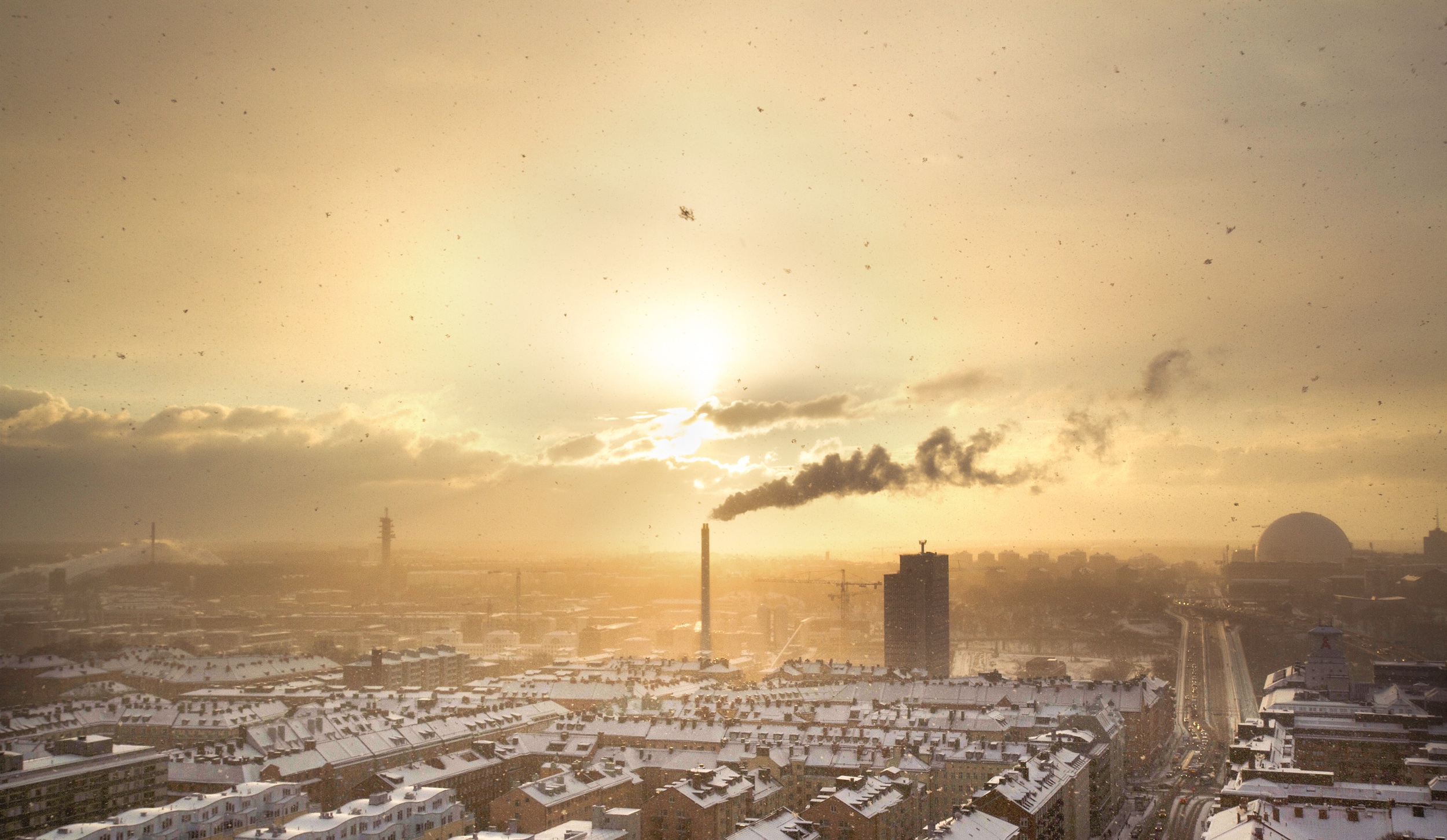China will be
undergoing the second round of central environmental inspections during 2018,
according to Chinese government officials. In addition, special inspections
will also be in place to follow enterprises' efforts in rectifications and
further ensure the fulfilment of responsibilities.

The
environmental protection measurements of China’s government have led to a
supply shortage of several products, especially in heavy polluting industries
like chemicals, pharmaceuticals, and energy. Many Chinese enterprises are
running on low production rate, due to the enforced environmental protection
measurements by the government. While the first round of environmental
inspections has been finished, companies have to expect the second round soon.
Environmental
regulations have posed significant impacts on the domestic industry in 2017.
China's environmental policies always work well in regulating the market.
Stringent administration helps cut out small-sized or even unlicensed producers
and favours the development of leading enterprises.
An
official of the Ministry of Ecology and Environment (MEE) in China has stated
that the second round of environmental inspections would start in 2018 and is
scheduled to be completed in three years. Minister Li Ganjie has furthermore
announced, that 31 provinces have been covered in 2017, and almost 30,000
enterprises were punished during the inspections for violations of
environmental protection. According to market intelligence firm CCM, the fine
totalled USD224.60 million. Over 18,000 individuals were involved in the punishment.
He added, this year, special inspections will be organised as a way of
examining how enterprises rectify their problems so as to supervise
the fulfilment of responsibilities of all parties.
According
to market intelligence form CCM, large enterprises have complete pollutant
discharge disposal facility and environmental equipment, plus the rising
pesticide prices compared to their small and medium-sized competitors, so they
won't face such great pressure in 2018.
In
April, a number of environmental pollution issues were reported in Jiangsu,
Hunan, Anhui, and Hubei provinces. Enterprises in these provinces were found
either with new environmental pollution issues or not well rectifying the
problems discovered in the previous inspections. Officials from Jincheng and
Yangquan cities of Shanxi Province, and Handan City, Hebei Province were
interviewed in regard to air pollution control and prevention.
At
the end of April, the MEE announced the full implementation of the system
of Double Randomness, One Open. It will be common that officials of one
place conducted inspections at another, and more civil servants are expected to
be involved in this. In 2017, the system was established nationwide. A total of
2,960 dynamic information bases for the administration of pollution sources
were built, with 809,500 enterprises covered; 2,428 environmental
law-enforcement officer information bases have been established, with 46,800
officials included.
The
MEE is showing to the public its determination to improve the quality of the
environment. Jiangsu and Shandong provinces have also successively carried out
special environmental actions, and the prices of multiple chemical products
surged as a result.
The
first round of environmental inspections has come to the end in China. Due to
the policy, many enterprises which failed to meet environmental standards have
been ordered to suspend production or closed completely; as a result, the
supply of related products or raw materials tightened.
About the article
The
information for this article comes from CCM, China’s leading market
intelligence provider for the fields of chemicals, agriculture, food and feed.
Get
regular and exclusive insights into the impact of China’s environmental
pollution crackdown by subscribing to our industrial reports or Newsletters.
Join
the discussion in our groups on LinkedIn and Facebook.
Join
CCM on Twitter: @CCM_Kcomber